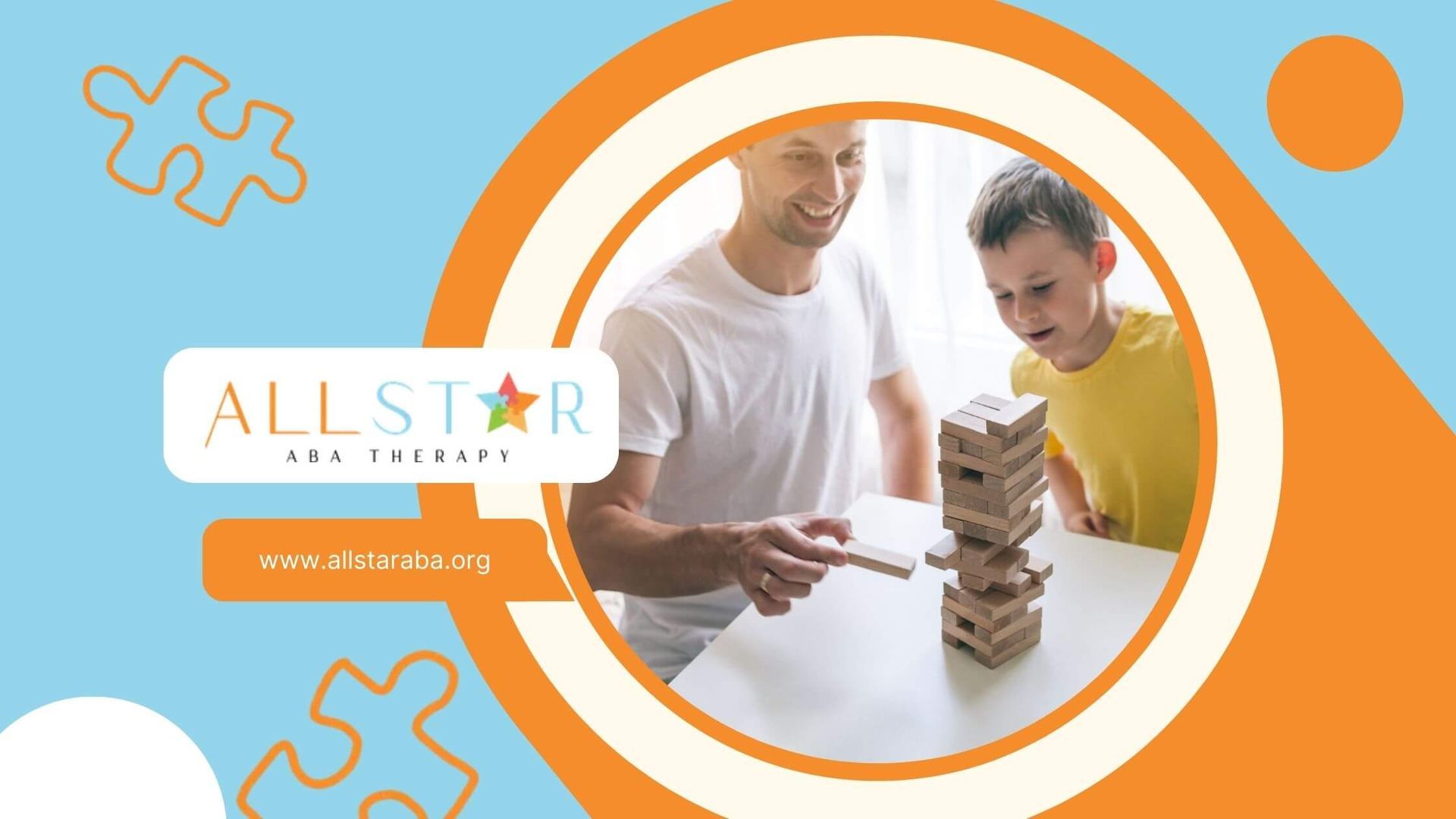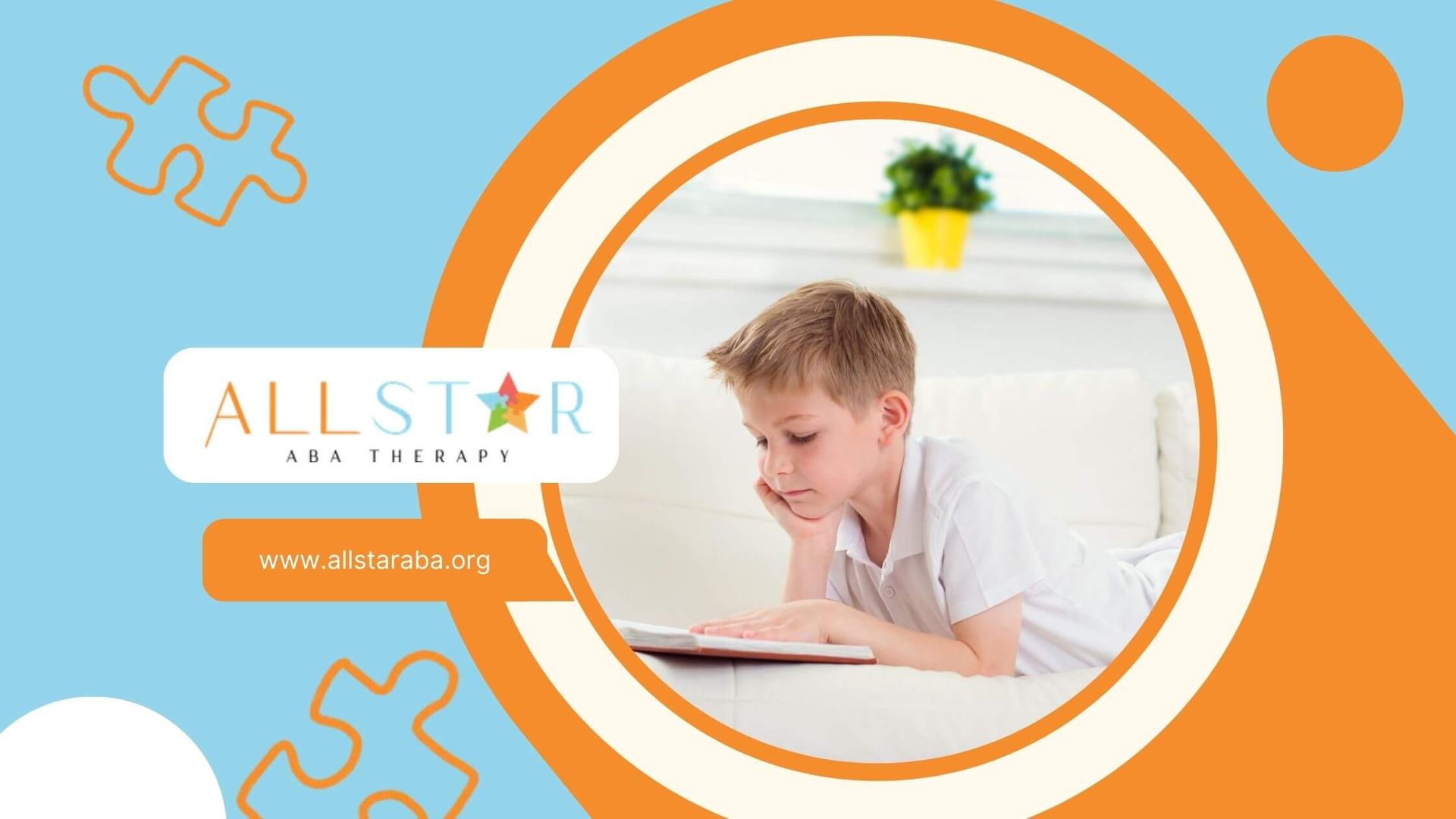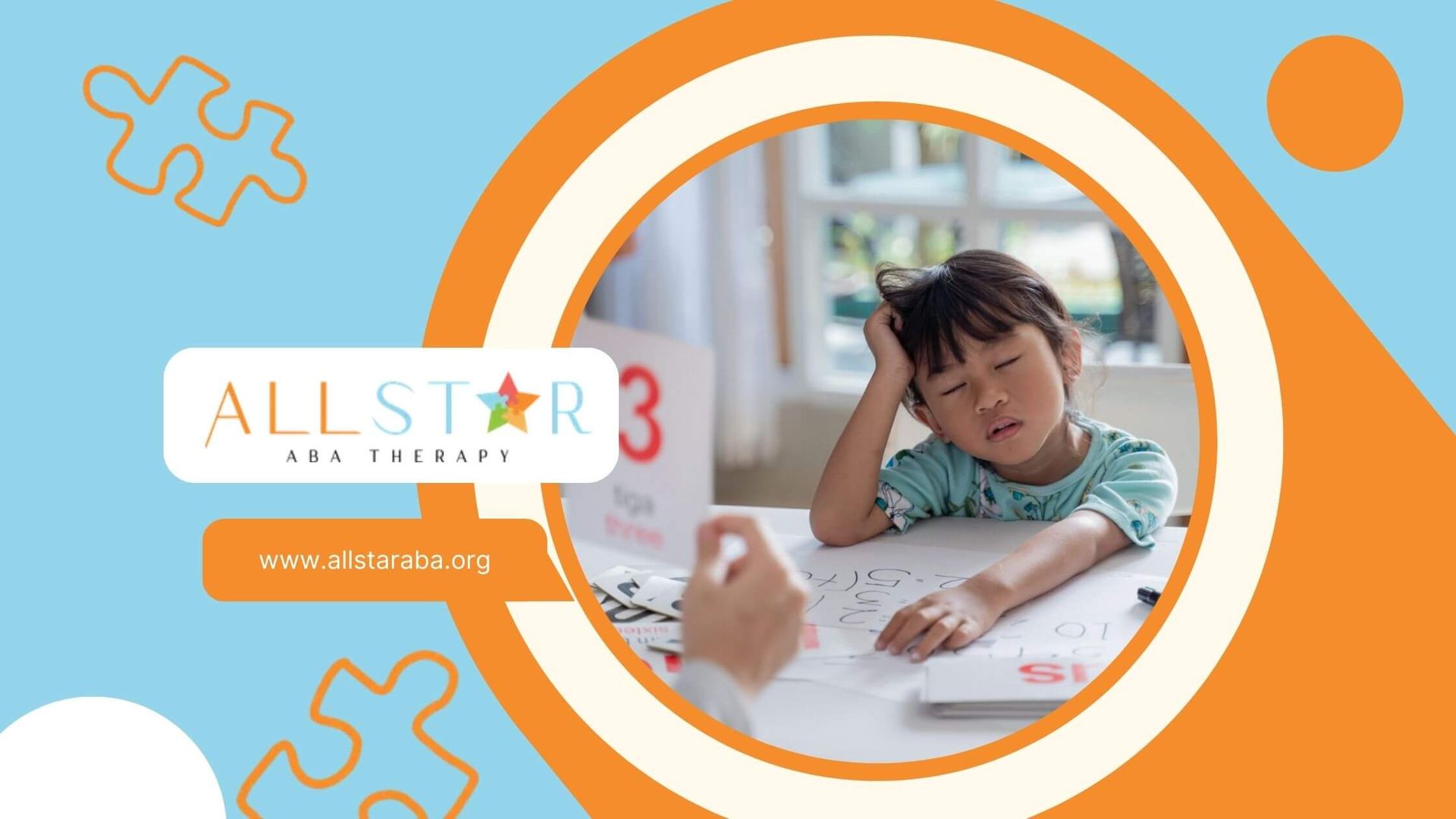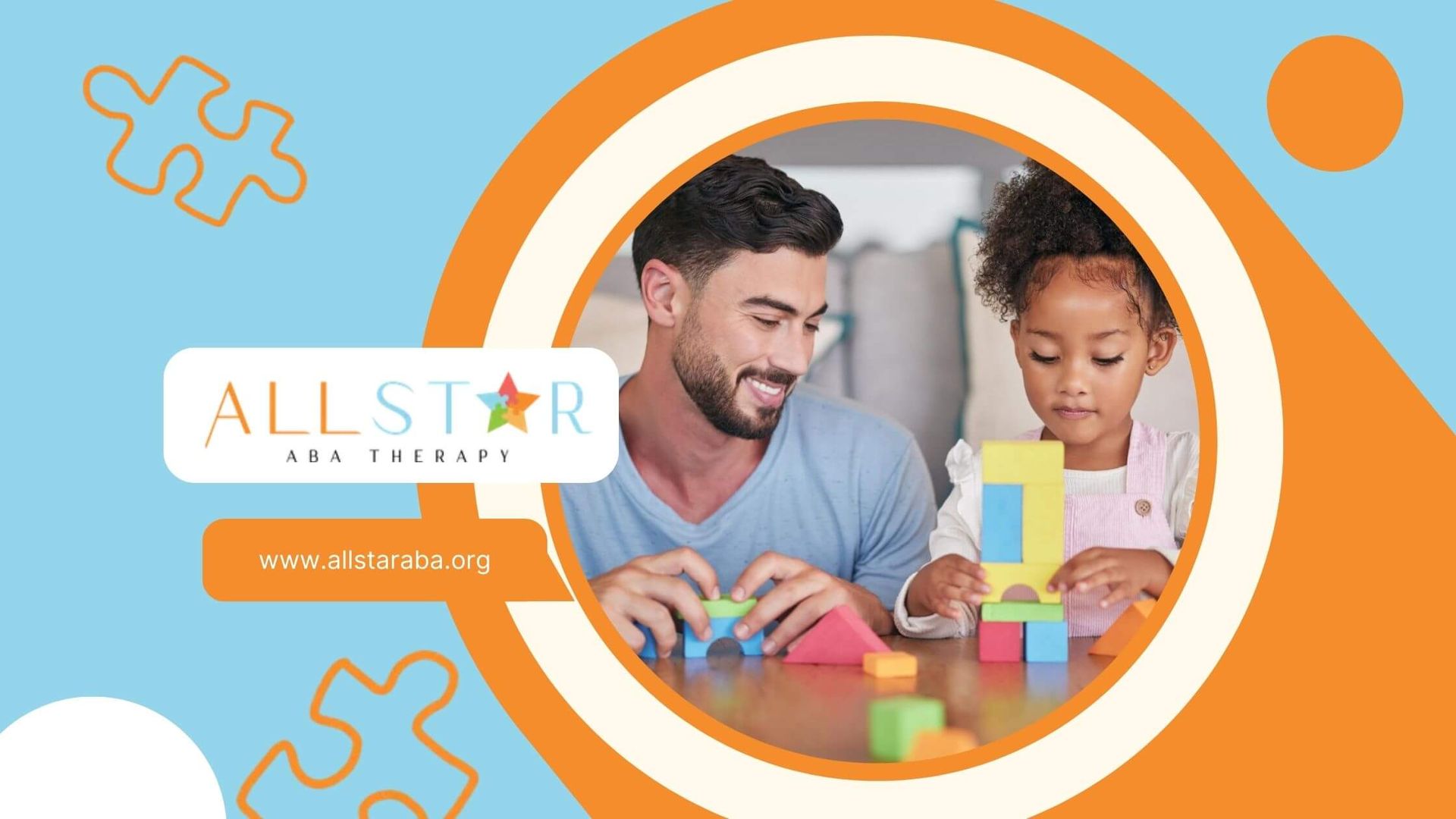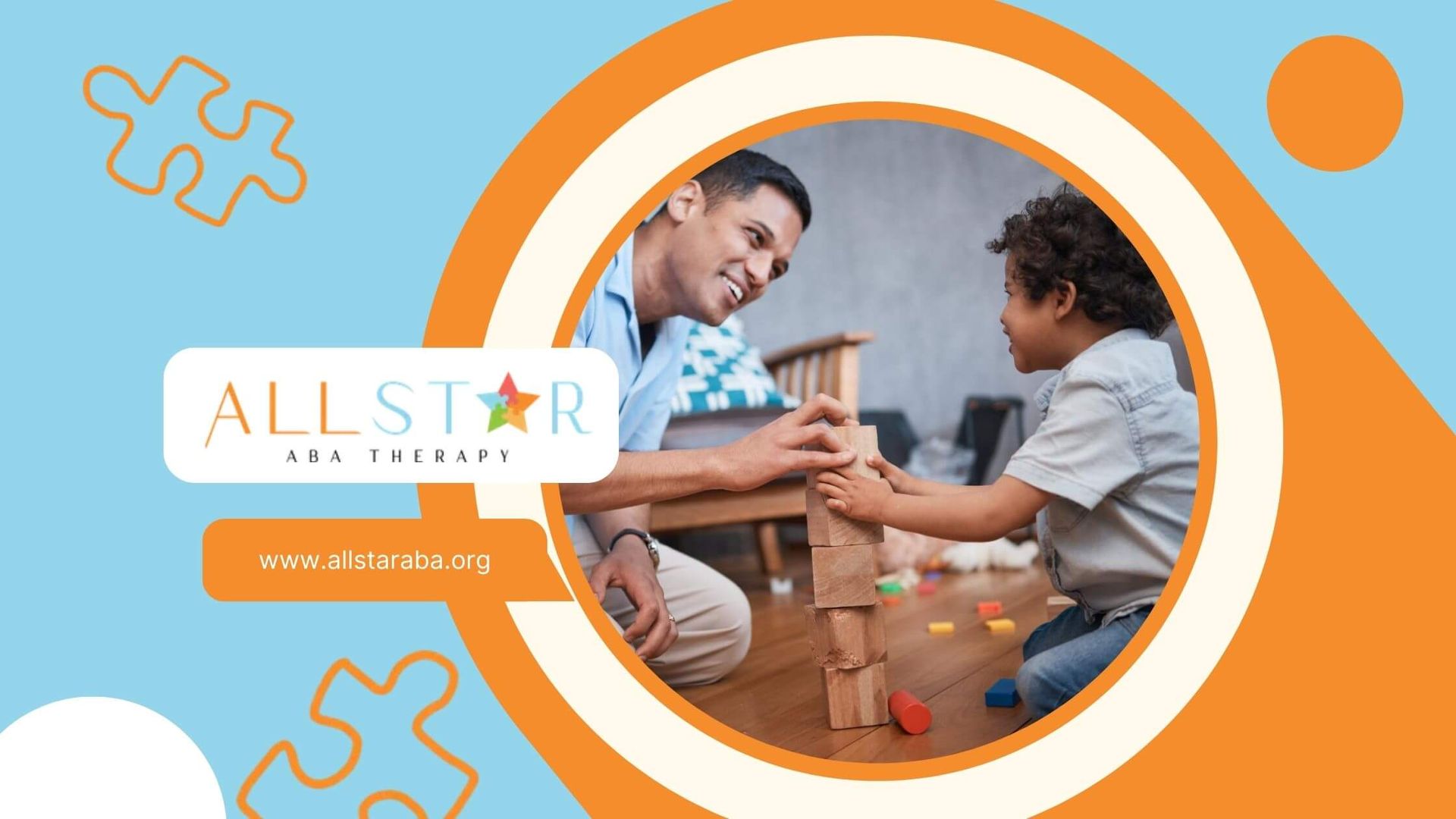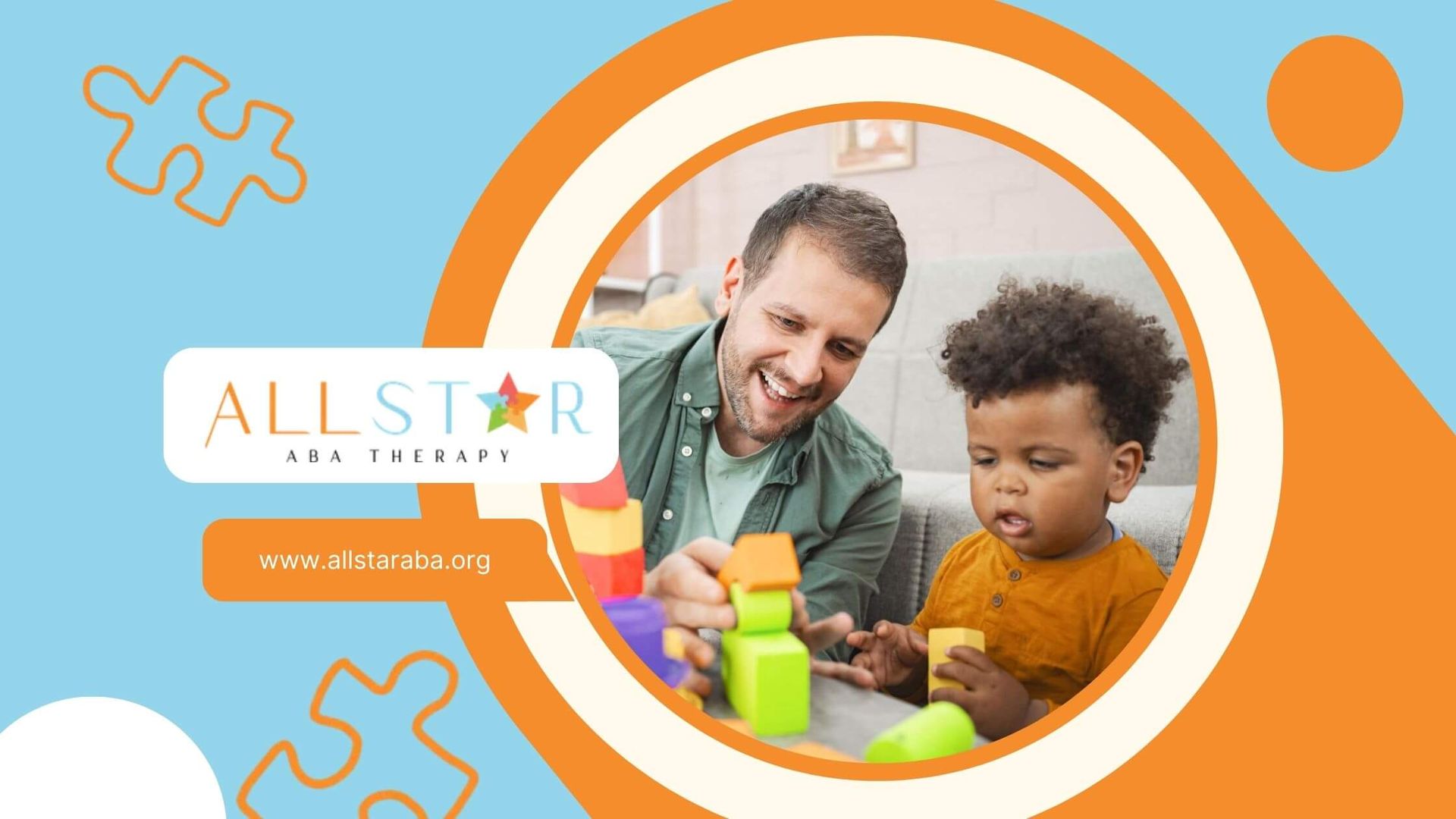New Paragraph
Breaking Down the Success Rates of ABA Therapy for Families
ABA therapy, or Applied Behavior Analysis, has been studied for decades and is known to be one of the most effective approaches for supporting children with autism.
But when parents ask about “success rates,” the answer isn’t as simple as a single percentage. That’s because ABA is designed to be highly individualized. What counts as success for one child may look very different for another.
Research shows that children who receive early and consistent ABA therapy often make significant progress in communication, social skills, and daily independence.
Some studies have found that nearly half of children who begin therapy before age four make major developmental gains. Others may experience steady, meaningful improvements in smaller steps, such as reducing challenging behaviors or learning everyday life skills.
The level of success depends on several factors, including how early therapy begins, how many hours are completed each week, and how actively families participate. When parents use the same ABA strategies at home, skills are reinforced more often, which usually leads to faster and longer-lasting results.
It’s also important to remember that success doesn’t mean perfection. For one child, success may mean saying their first words. For another, it might be making a new friend, or learning to brush their teeth independently. The power of ABA is that it meets children where they are and helps them move toward their own goals, step by step.
At All Star ABA, we believe success is about creating progress that matters in everyday life. Through in-home ABA therapy, center-based ABA therapy, ABA therapy in school, and ABA parent training, we support families across Maryland and Virginia with care that feels positive and meaningful.
FAQs
What percentage of kids improve with ABA therapy?
Most children make meaningful progress, though outcomes vary based on individual needs and consistency.
How long does it take to see results?
Some families notice small improvements within weeks, while others see growth gradually over months.
Is ABA therapy only helpful for young children?
No, ABA strategies can benefit individuals of all ages, not just early learners.
Sources:
- https://pmc.ncbi.nlm.nih.gov/articles/PMC11487924/
- https://pmc.ncbi.nlm.nih.gov/articles/PMC8702444/
- https://pmc.ncbi.nlm.nih.gov/articles/PMC9458805/
- https://www.autismspeaks.org/applied-behavior-analysis
- https://www.appliedbehavioranalysisedu.org/2023/12/future-of-applied-behavior-analysis-aba-new-research-areas-and-findings/
Need Support?
We're Here to Help!
Our experienced team is ready to assist you. Reach out today to discuss how we can support your child's development and well-being.
Get started with expert ABA therapy today.



